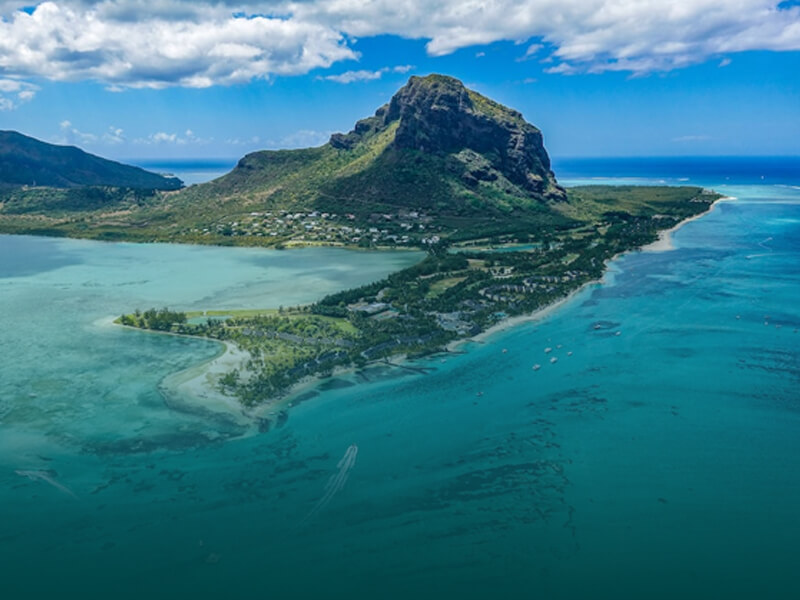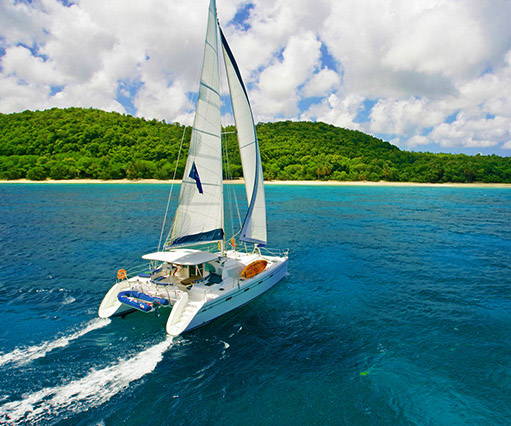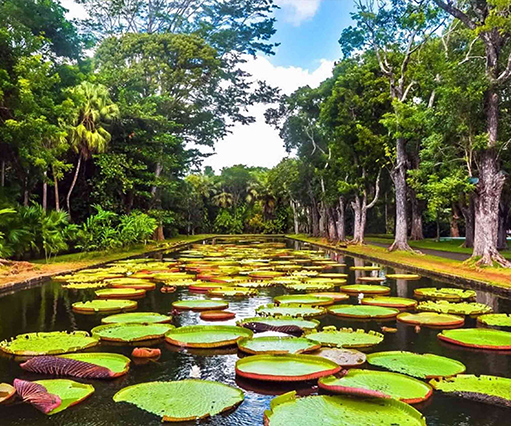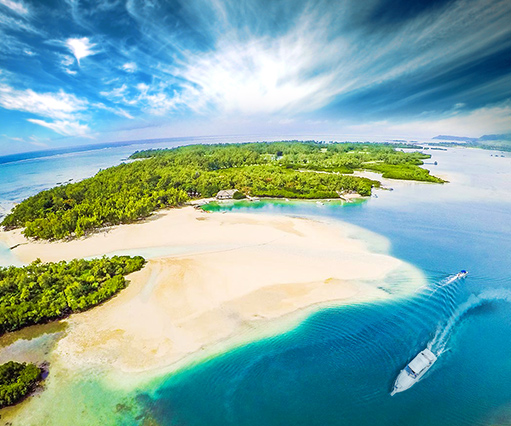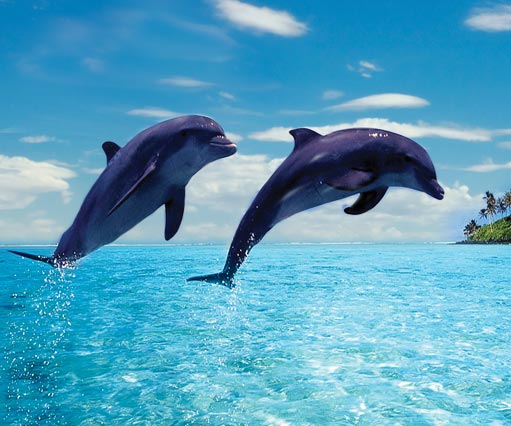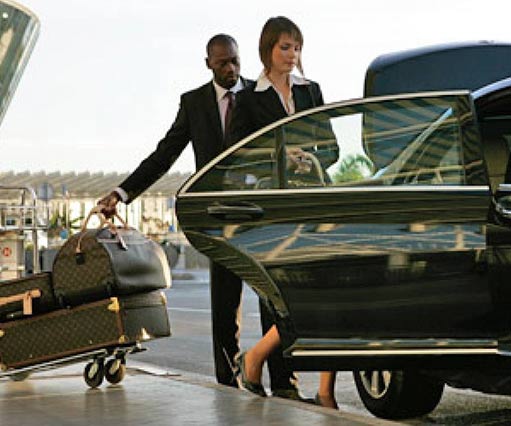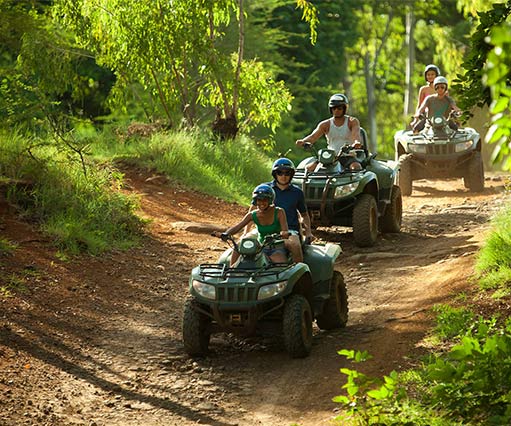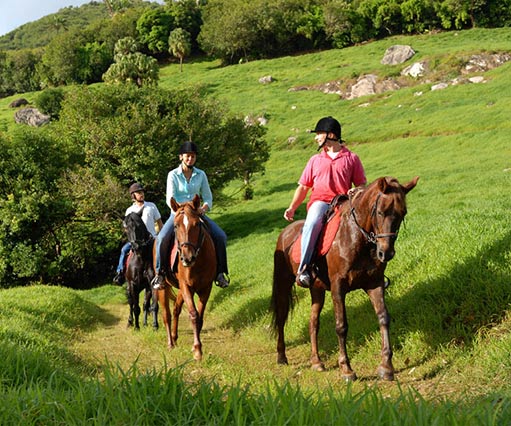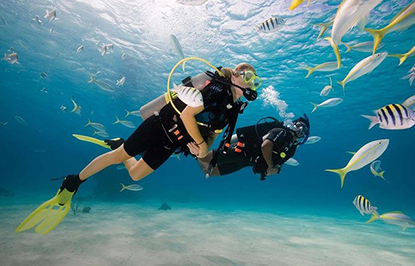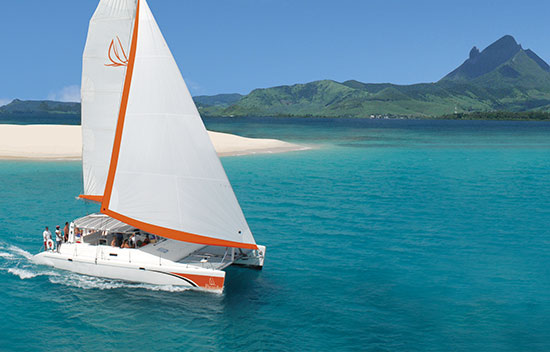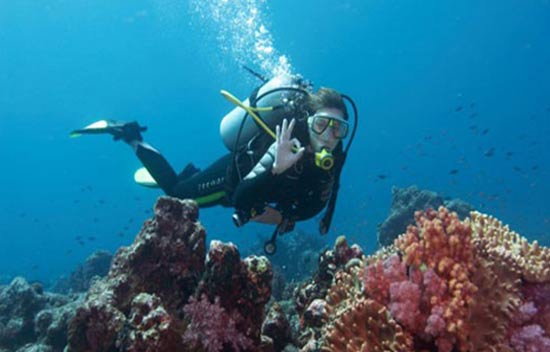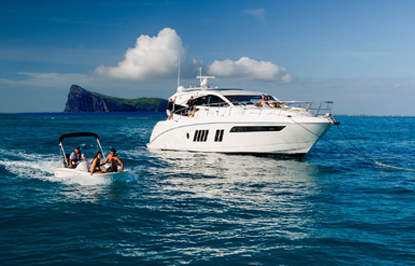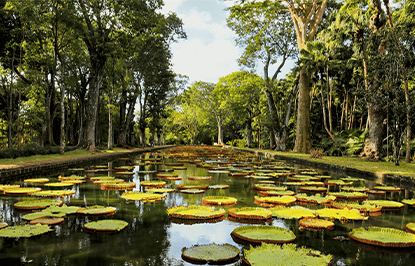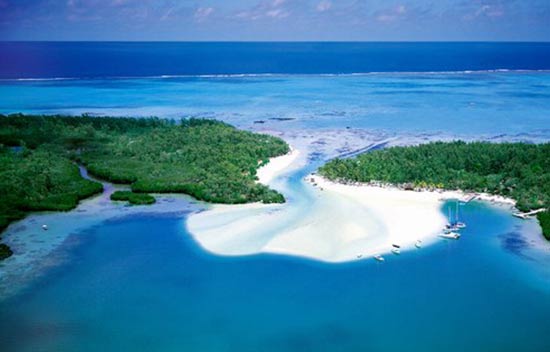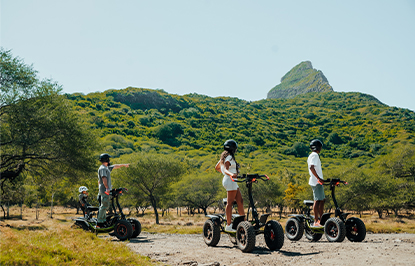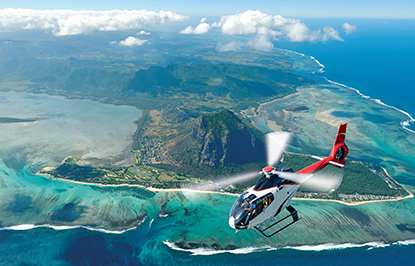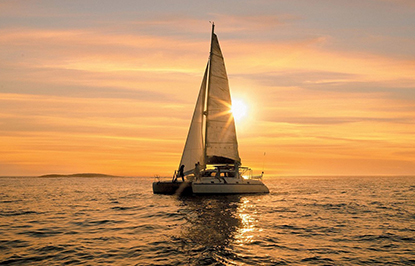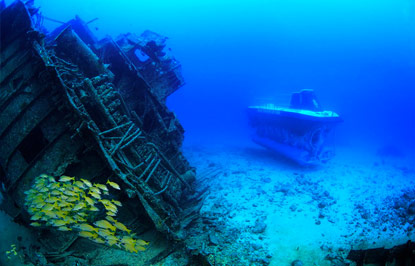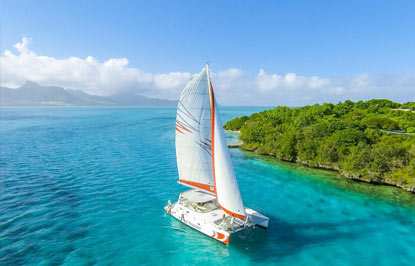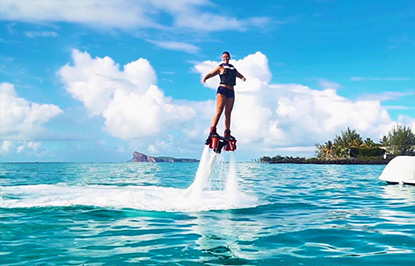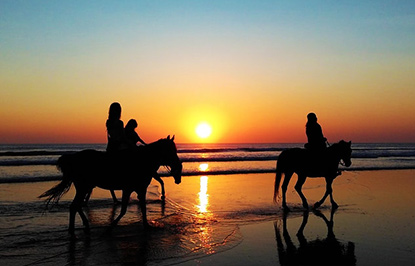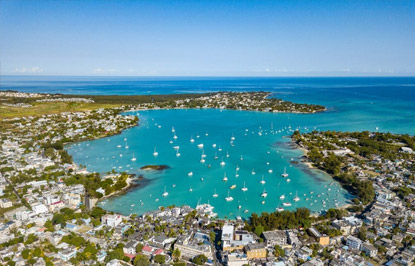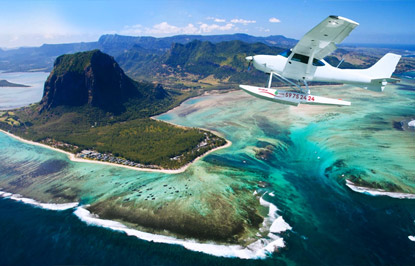Your Complete Guide to Mauritius Travel Tips and Advice
Mauritius is calling, and you're ready to answer! But before you jet off, let's get you clued in on the local scene.
We'll cover everything from feeling safe and sound to navigating the transport system, the languages in Mauritius (including a handy list of useful Mauritian Creole phrases!), and even that age-old question: to tip or not to tip?

Safety in Mauritius - Tips for an Enjoyable Trip
When travelling to Mauritius, safety concerns are relatively low compared to many other destinations. While it’s generally safe, standard precautions apply:
- Keep valuables secure
- Avoid isolated areas, especially at night
- Be cautious in crowded places
Mauritius is free from curfews, vandalism, and major security threats like terrorist attacks. Nightlife is considered safe, but it's wise to know your surroundings and drink responsibly to avoid being taken advantage of.
Mauritius Transport System - Buses, Taxis, Metro Express & More!
Mauritius offers various transport options for travellers, making it easy to explore the island. Here’s a quick guide to help you navigate your transportation choices:
Buses
- Affordable and widely used
- Good network across the island
- Ideal for short distances
- Mingle with locals and experience daily life
- Fares are based on distance travelled
Note: Buses can be time-consuming for long distances, requiring multiple transfers and new tickets for each leg of the journey.

Payment Information: Fares should be paid in cash (notes or loose change) directly to the bus conductor or driver. Tickets are not sold anywhere else and cannot be purchased online yet.
Renting a Car
- Best for comfort and flexibility
- Rent from local and international agencies
- Drive on the left side of the road
- Drivers must be over 21 with a valid driver’s licence
- Seatbelts are mandatory for all passengers
- 30-60 km/h in residential areas, 70-80 km/h on open roads, and 110 km/h on highways/motorways
Check out some facts, tips and advices for Driving in Mauritius, or click here to rent a car.
Taxis
- Widely available and government-regulated
- Metre-based fares not available; negotiate fares in advance
- Look for taxis with a yellow panel on the driver’s door and a white plate
- Taxis can be found at designated stands
- Some taxis are affiliated with hotels exclusively for their guests
Metro Express
- The Main Line extends from Port Louis to Curepipe, stopping at major towns such as Ebene, Rose Hill, Quatre Bornes and Vacoas
- Operates daily from early morning to late evening, typically from 05:00 to 21:00; schedules may vary on weekends and public holidays
- Trains run approximately every 10-15 minutes during peak hours and 20-30 minutes during off-peak hours
- Tickets to be purchased at stations; fares are based on distance travelled
- Reduces traffic congestion and pollution
- Offers beautiful views of the Mauritian landscape along the route
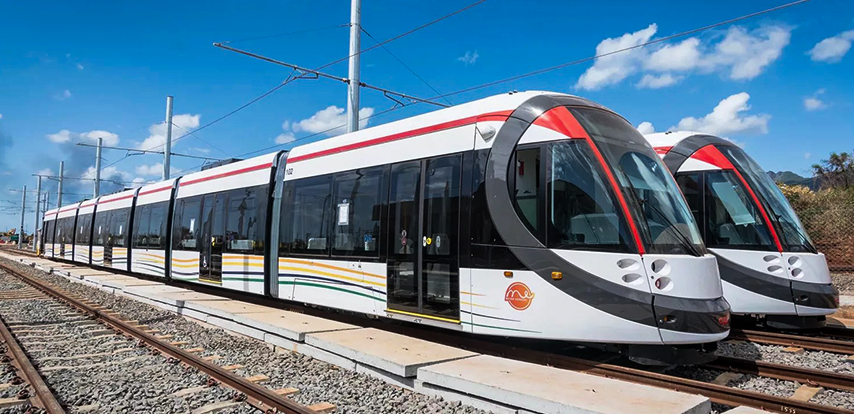
By using this guide, you can easily choose the best transport option to suit your needs and enjoy your travels around Mauritius.
Mauritius Island Languages
Mauritius is a multilingual country reflecting its diverse cultural heritage. Here’s a quick overview:
- English: The official language, used in official documents and Parliament
- French: Widely spoken and more commonly used than English
- Kreole Morisyen (Mauritian Creole): The Native Language of Mauritius, a French-based pidgin with influences from English and various Asian and African languages
- Other Languages: Hindi, Bhojpuri, Mandarin, Arabic, Urdu
Tip for Tourists: Most locals speak English and French, making it easy to communicate. Even if someone speaks Creole, you’ll likely understand it as many words are derived from French.
Curious how such a small island is familiar with so many languages? Find out more here.
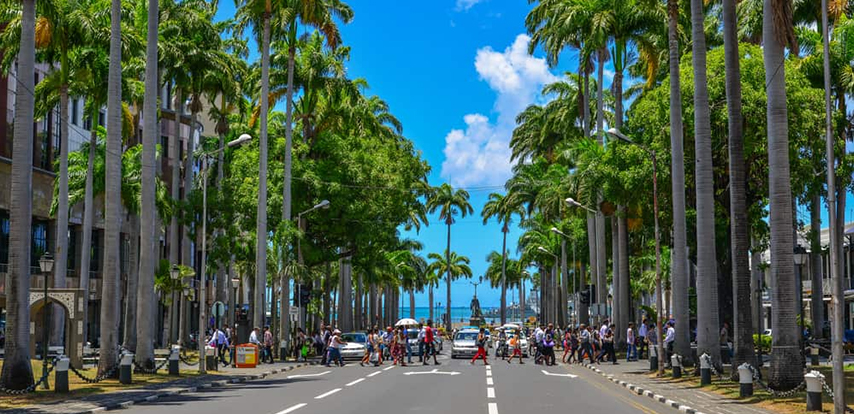
Speaking Mauritian Creole: A Few Basic Words & Helpful Phrases
| Basic Words | Useful Phrases | ||||
|---|---|---|---|---|---|
| English | Kreol Morisyen (Mauritian Creole) | French | English | Kreol Morisyen (Mauritian Creole) | French |
| Good day | Bonzour | Bonjour | How are you? | Ki manyer? | Comment allez-vous? |
| Good evening | Bonswar | Bonsoir | I'm doing well, thank you. | Mo byen, mersi | Je vais bien, merci. |
| Please | Silvouple (sil-voo-pleh) | S'il vous plaît | What is your name? (Informal) | Kuma ou apele? | Quel est votre nom? |
| Yes | Wi | Oui | My name is... | Mo apel… | Je m'appelle... |
| No | Non | How much does it cost? | Ki so pri? | Combien ça coûte? | |
| Thank you | Mersi | Merci | Do you speak English? | Ou koz ‘Anglais’? | Parlez-vous anglais? |
| Thank you very much | Mersi buku | Merci beaucoup | I don't understand. | Mo pa pe kompran | Je ne comprends pas. |
| Sorry | Sori | Désolée | Where are the toilets? | Kot twalet? | Où sont les toilettes? |
| Very good | Byen bon | Très bien | |||
Tipping Policy (Don't Worry, It's Easy!)
Tipping isn’t mandatory but appreciated for exceptional service. Here’s a simple guide:
- Airport Staff and Bellmen: Tip the bellman around Rs 100 for luggage assistance.
- Bartenders and Servers: At restaurants, leave loose change or a Rs 100 note for good service.
- Taxi Drivers: If helpful or informative, tip Rs 100-200.
- Hotel Staff: Consider tipping attentive staff at the end of your stay, or add a general tip on your bill for a staff-wide distribution.
Mauritians value tips for excellent service, making your appreciation significant and valued.














